The airlines have to shell approximately $35bn (£27bn) per annum on the pilot’s salary at present and pilotless commercial flights would directly cut these expenses and in turn, can reduce the airfares substantially.
But the question is whether the passengers will be able to digest the concept of flying a remote-controlled plane. The research carried out by investment bank UBS states that the leading commercial jet manufacturers are developing this new technology. The study also claims these flights will be safer as the pilot error will be eliminated.
But the air passengers, however, looked nervous/less enthusiastic about travelling in a remote-controlled plane. UBS surveyed 8,000 people and sought their views about pilotless flying, 54% bluntly refused to board a pilotless flight even if the flight would cost less. Around 29% were in a dilemma, only 17% of them were willing to fly without a pilot, and this 17% were in the age group of 18 and 34 and having a university degree. This shows as the population ages, and people have more fear or reluctant about very high-end technologies.
Today the necessary technology to fly planes without a pilot is existing, and the classic example is military drones or the drones used in the entertainment industry. UBS survey claims that the advanced technology required to operate remote-controlled planes will be available by 2025. And after the initial tests, automated business jets and helicopters will start operating by the year 2030. The commercial aircraft without pilots will need a few more years to be operational. In the initial phase, the traditional two pilots set up will be reduced to one on board and one on the ground.
Boeing is soon to start testing self-flying planes, as per the company’s official press release. They are in the process of developing an autonomous aircraft, which will be capable of navigating itself without any input from a human pilot as present planes can take off, cruise and land with very minimal human intervention. Boeing says this would one step ahead though a difficult task.
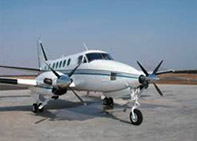
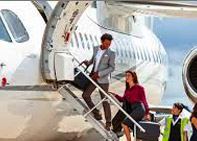
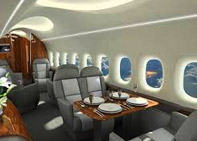
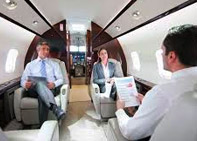



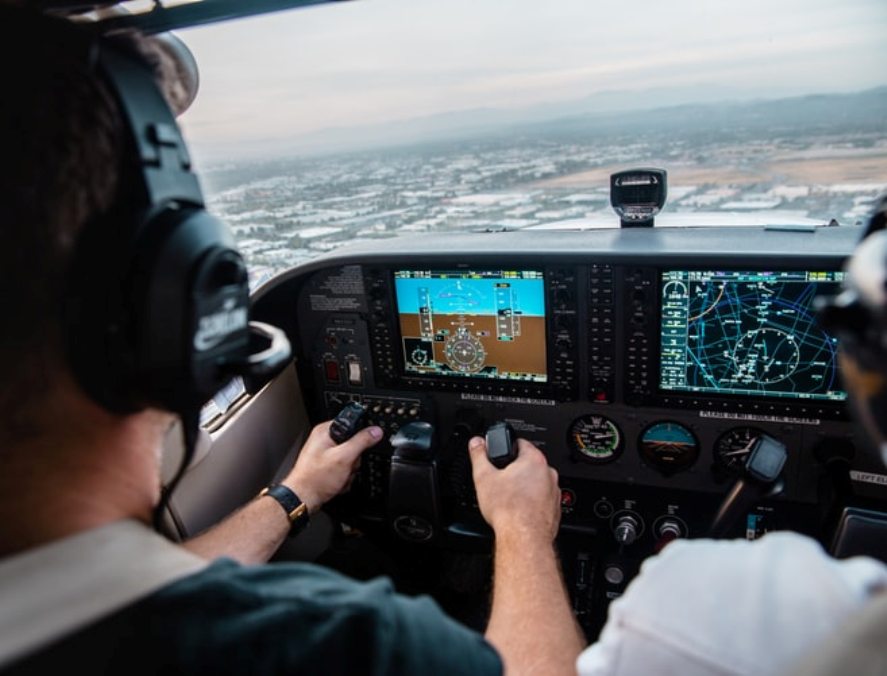
Leave a Reply
You must be logged in to post a comment.